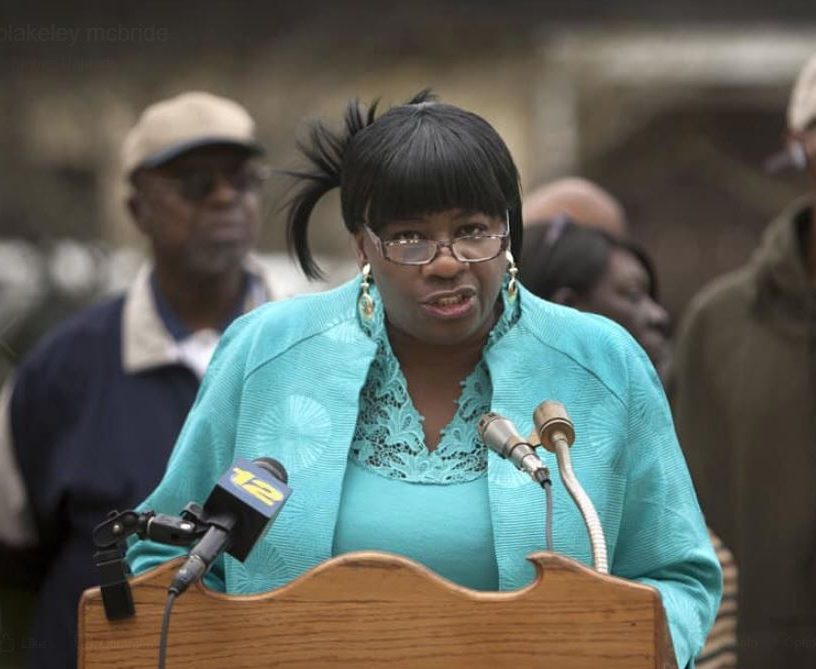Late yesterday Mercer County Judge Robert Lougy put an end to Trenton City Council President Kathy McBride’s antics—she was refusing to “approve” the local portion of the Trenton Public Schools District budget–by ordering the Council to do so immediately.
In July, McBride announced she wouldn’t approve the tax levy because she didn’t want any money going to the city’s seven charter schools. (Traditional school districts act as pass-throughs for charter school tuition which, in low-income cities like Trenton, are mostly funded by the state.) On August 1st the district sued the City Council for its “failure to perform the required actions will lead to immense disruption of District programming and impair the ability of the District to provide a thorough and efficient education to its students.” On August 17th the state teachers union, NJEA, joined with the local bargaining unit and filed amicus curiae briefs to urge the court system to act swiftly.
In fact, neither McBride nor the City Council has the power to make any decisions about the district budget. Its approval is merely an administrative function. The school board approves a budget, which then goes to the Board of Estimates, which offers opportunities for public comment and makes any adjustments deemed necessary. Then it goes to the City Council for pro forma approval. As Judge Lougy wrote in his ruling, “[t]he controlling law leaves no room for discretion.” He added,
This Court does not lightly grant summary judgment against the governing body of a municipality. But this Plaintiff (the school board) is no unhappy contractor or grievous resident; to the contrary, Plaintiff represents the interests of the school children of the City of Trenton and is responsible for providing them a thorough and efficient education.
The district’s total budget for 2022-2023 is $419.9 million. Local taxpayers will contribute $24.3 million, well below their Local Fair Share. McBride declined to comment.
(Photo courtesy of New Jersey Globe.)
Explainer: How Are Schools Funded in New Jersey, and Why Are My Property Taxes So High?


